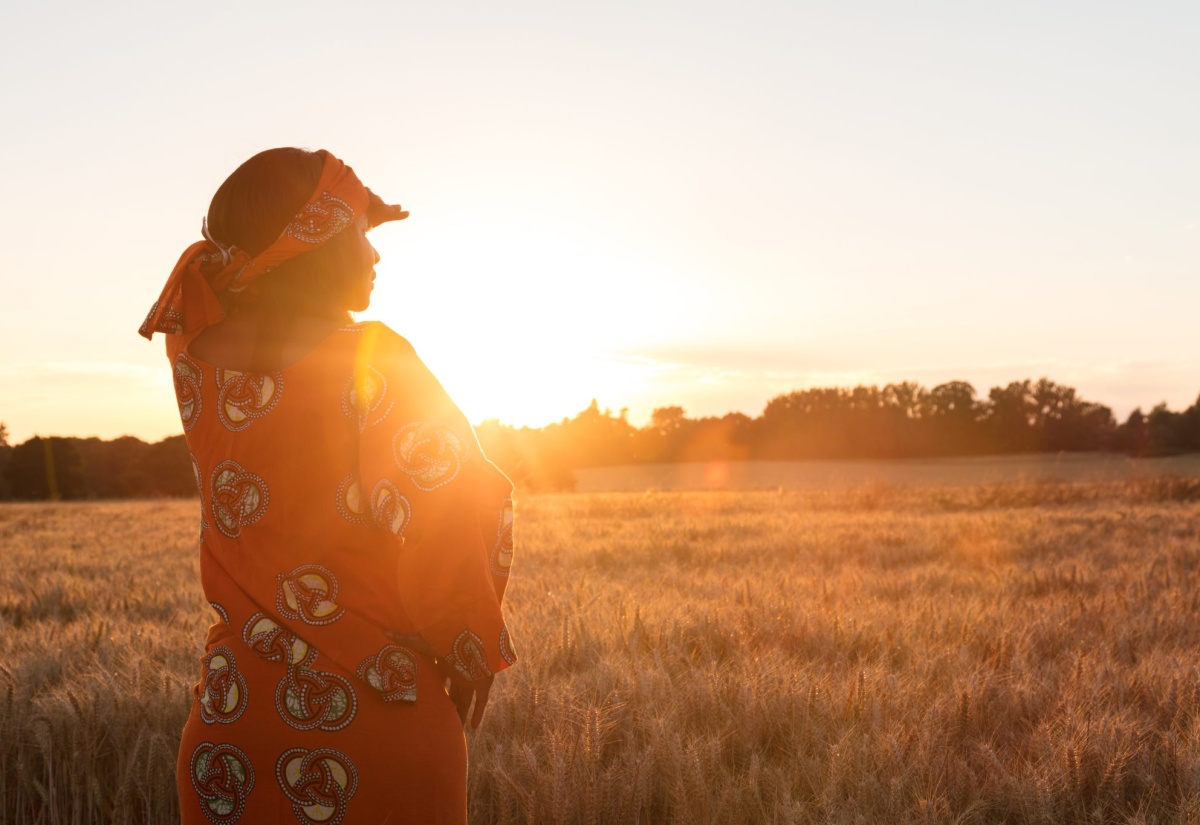‘Africa for Africans’ – Garvey’s Message of African Nationalism and its Impact
August 16, 2022The Full Story
The Right Excellent Marcus Mosiah Garvey believed that all people of African descent had strong connections to Africa through their shared ancestry. He made a global appeal for unity and migration to Africa. These, in Garvey’s view, would remove the scourge of discrimination faced in other countries and allow for self-government. In the lead-up to August 17, the 135th anniversary of our National Hero’s birth, this article will look at the impact of Garvey’s belief.
Repatriation
Garvey planned to work towards the development of Africa, beginning with Liberia and Ethiopia. The groundwork for repatriation began when representatives of Garvey’s movement, the United Negro Improvement Association (UNIA), travelled to Liberia in 1920, 1921 and 1924. They scouted land for commercial and residential use by those who were willing to migrate to Africa. It was hoped that the success of repatriation efforts would force European colonisers to leave the African countries. Garvey believed that this would be the major catalyst for the longed-for self-governance, as well as political independence.
Starting in 1930, a number of African-Americans migrated. However, they were unable to acquire land and livestock, as was intended, and found great difficulty making a living. Additionally, the Liberian government opposed mass migration to their country, leading to the eventual failure of Garvey’s plan. Although Garvey’s vision was not realised, it influenced other movements and sparked positive changes for many people of African descent.
Impact
The Rastafarian movement in Jamaica is heavily influenced by Garvey’s principle of African nationalism. Members support repatriation and decolonisation as the means to improve the lives of people of African descent.
Famous political leaders and African nationalists, Kwame Nkrumah and Jomo Kenyatta, former Presidents of Ghana and Kenya, respectively, were influenced by Garvey’s message. Nkrumah, a staunch promoter of Pan-Africanism, advocated for the liberation of Africa from European colonialism and worked to hasten economic growth in Ghana. His efforts helped to bring about Ghana’s independence in 1960 and the establishment of the Organization of African Unity (now the African Union). The union sought to promote peace and cooperation between African nations. Kenyatta supported and organised African nationalist movements to demand independence for his country, Kenya, from colonial rule. His interests engendered economic stability in Kenya and led to the country’s independence in 1963.
For additional information, contact:
Liberty Hall: The Legacy of Marcus Garvey
76 King Street
Kingston
Tel: 876-948-8639/7058
Email: info@libertyhall-ioj.org.jm
Website: https://libertyhall-ioj.org.jm/
Social Media: Facebook, Twitter and Instagram: @garveylh


